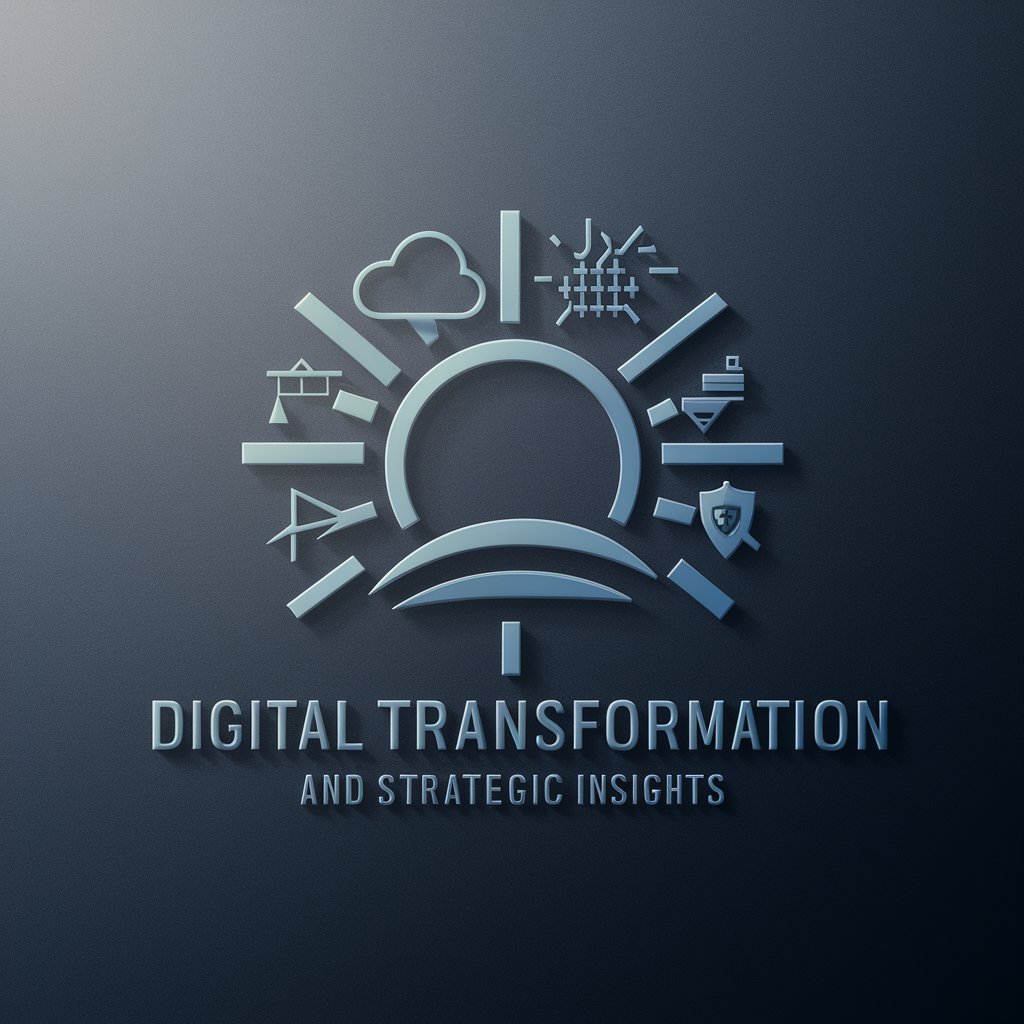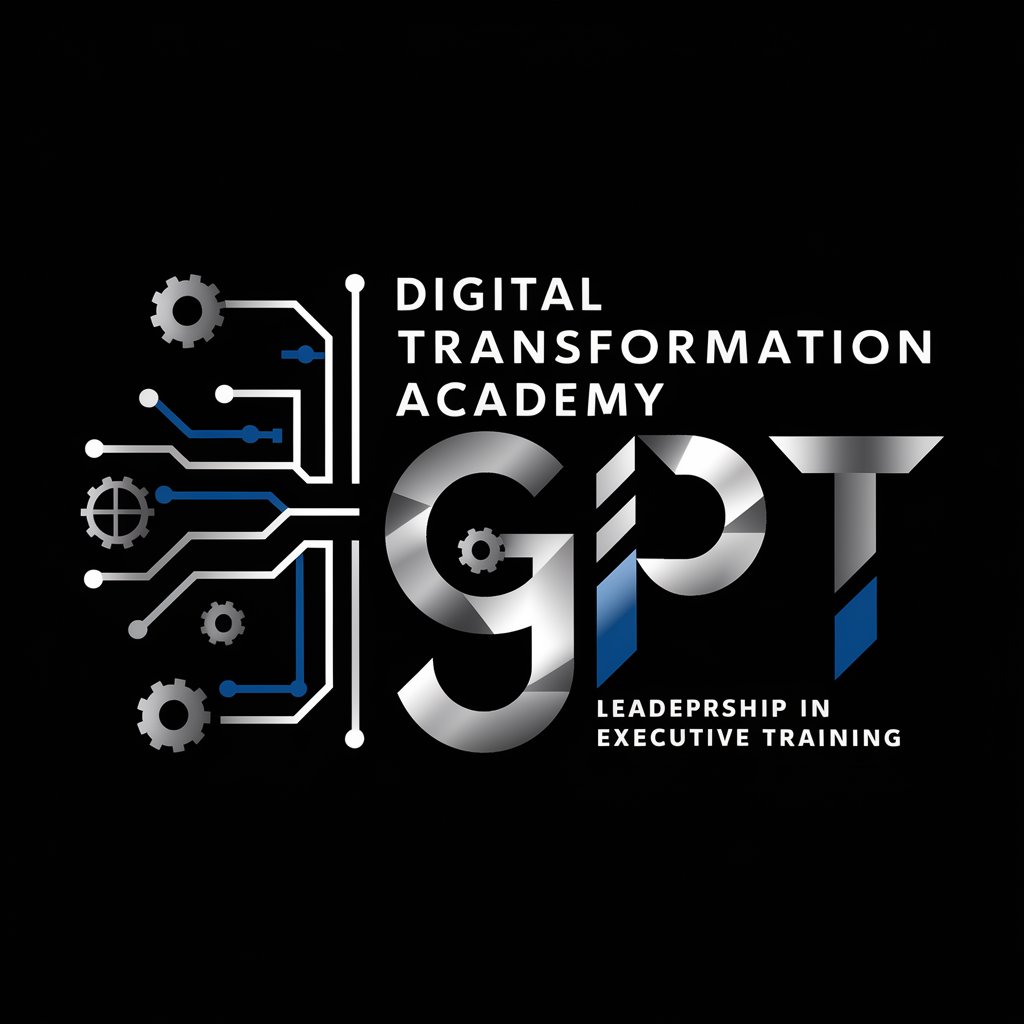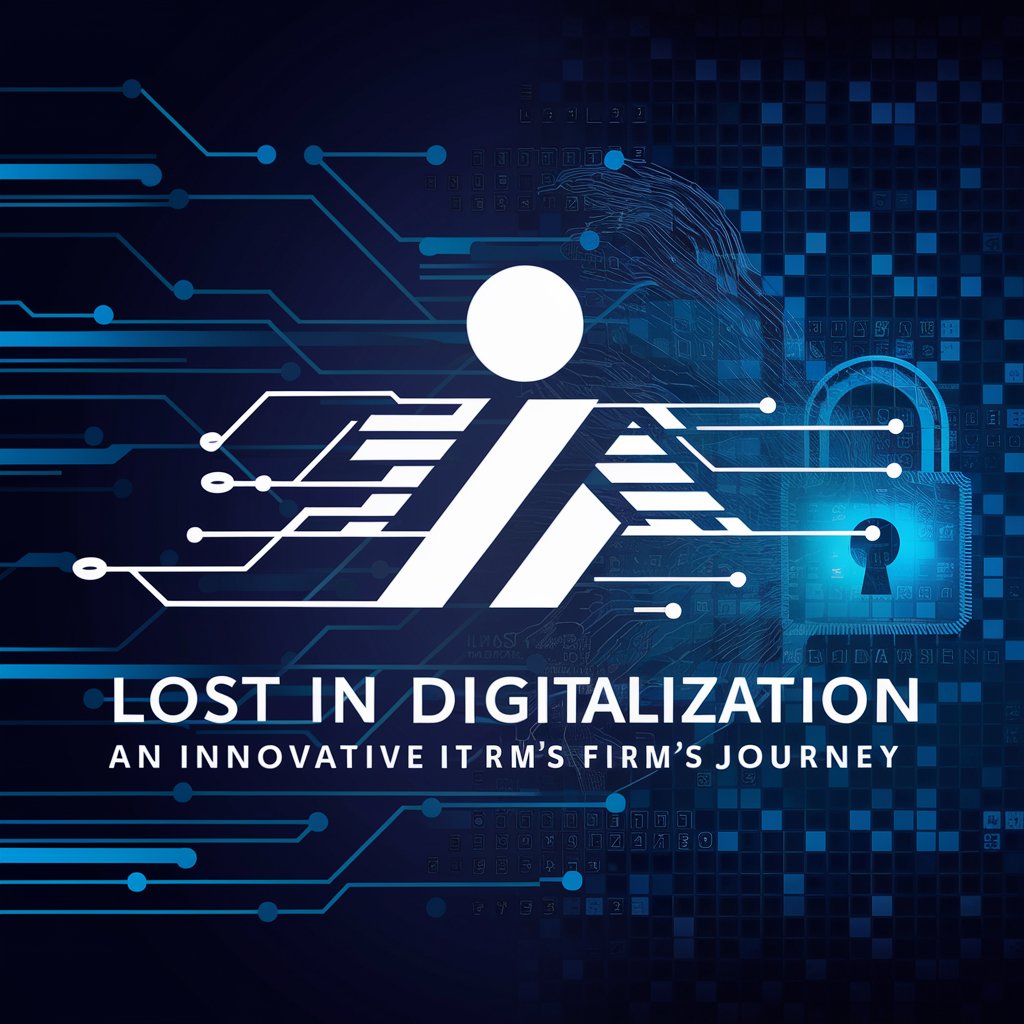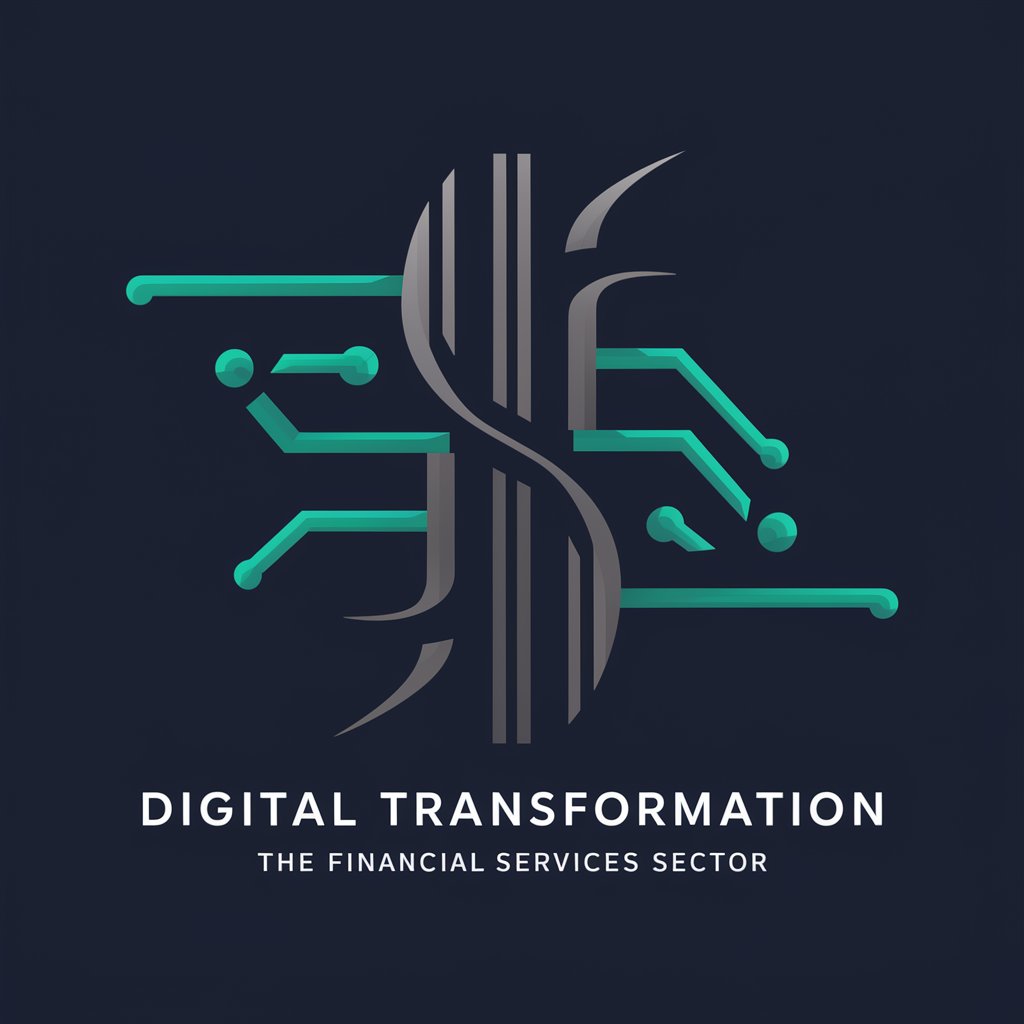
Digital Transformation - Digital Transformation Guide
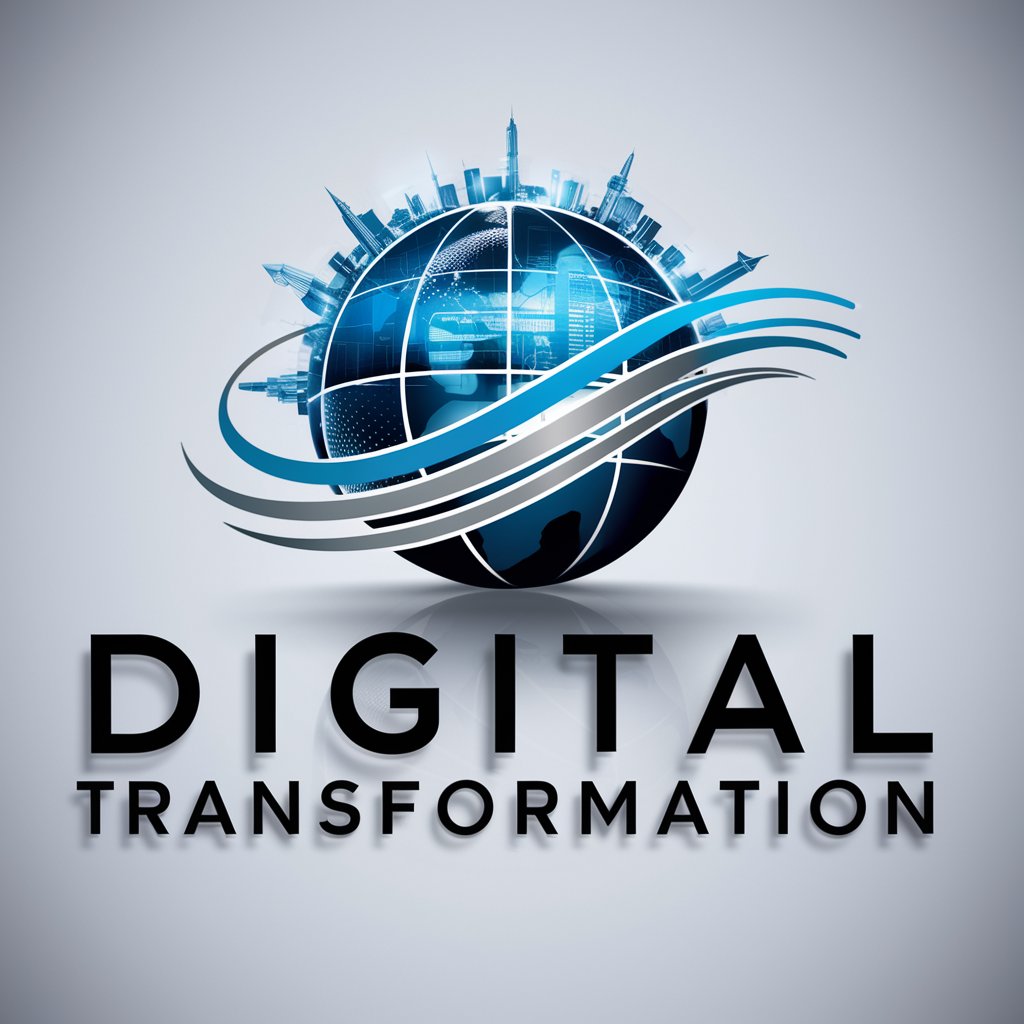
Welcome to Digital Transformation, your gateway to innovative insights and strategies.
Empowering businesses with AI-driven transformation
Can you provide an analysis of the latest digital transformation trends in the finance sector?
What are the best practices for implementing AI in healthcare operations?
How can blockchain technology improve supply chain management?
What are the key components of a successful digital transformation strategy for retail businesses?
Get Embed Code
Introduction to Digital Transformation
Digital Transformation encompasses a comprehensive rethinking of how an organization uses technology, people, and processes to fundamentally change business performance. It's an ongoing process of leveraging digital technologies to create or modify existing business processes, culture, and customer experiences to meet changing business and market requirements. This transformation extends beyond traditional roles like sales, marketing, and customer service. Instead, it involves a holistic reimagining of how an organization operates, innovates, and delivers value to its customers. For example, a retailer might adopt online shopping platforms, integrate digital inventory management, and use data analytics to personalize customer experiences, thereby transitioning from a traditional brick-and-mortar business model to a digital-first approach. Another scenario could involve a manufacturing company implementing IoT (Internet of Things) technologies to optimize production processes, reduce downtime through predictive maintenance, and enhance product quality. Powered by ChatGPT-4o。

Main Functions of Digital Transformation
Process Optimization
Example
Automating manual processes to increase efficiency
Scenario
A financial institution automates loan processing, using AI to assess credit risk more accurately and reduce the processing time from weeks to hours.
Customer Experience Enhancement
Example
Leveraging data analytics for personalized marketing
Scenario
An e-commerce platform uses customer purchase history and browsing behavior to personalize product recommendations, thereby increasing conversion rates and customer loyalty.
Innovation and Product Development
Example
Using emerging technologies to develop new products
Scenario
A healthcare company integrates AI and machine learning to develop predictive diagnostics tools, improving early detection of diseases and personalizing patient care.
Workforce Transformation
Example
Adopting digital tools for remote collaboration
Scenario
A global consulting firm implements cloud-based collaboration tools to enable seamless remote work, fostering a more flexible and productive work environment.
Data-Driven Decision Making
Example
Implementing advanced analytics for strategic insights
Scenario
A retail chain uses big data analytics to analyze customer behavior, market trends, and supply chain logistics, optimizing stock levels and reducing waste.
Ideal Users of Digital Transformation Services
Business Leaders and Decision Makers
Executives, managers, and strategists looking to drive their organizations forward through innovation and efficiency. They benefit from digital transformation by gaining competitive advantages, enhancing customer experiences, and optimizing operational processes.
IT Professionals and Technologists
Individuals tasked with implementing and managing digital solutions. They are crucial for identifying the right technologies to invest in, ensuring data security and compliance, and supporting organizational change.
Marketing and Customer Service Teams
Teams focused on engaging customers and personalizing experiences. Digital transformation tools enable them to leverage customer data for targeted marketing, social media engagement, and enhanced customer support.
Product Developers and Innovators
Creators looking to utilize digital tools and insights to design, test, and launch new products or services. They benefit from access to rapid prototyping tools, customer feedback loops, and market analytics.
HR and Organizational Development Specialists
Professionals aiming to cultivate a digital culture, attract tech-savvy talent, and implement training programs for digital literacy. Digital transformation facilitates a more dynamic, inclusive, and flexible workplace.

How to Utilize Digital Transformation
Begin Free Trial
Start by exploring Digital Transformation capabilities at yeschat.ai, offering a no-login, free trial experience without the need for ChatGPT Plus.
Identify Objectives
Clearly define your goals and what you seek to achieve with Digital Transformation, such as enhancing customer experience, streamlining operations, or driving innovation.
Select Features
Choose from the range of functionalities such as data analysis, automation tools, or AI-driven insights that align with your objectives.
Customize Application
Tailor the tool's features to your specific industry needs, leveraging built-in templates or customization options for maximum relevance.
Engage and Iterate
Actively use the tool in your operations, gather feedback, and continually refine your approach to maximize digital transformation benefits.
Try other advanced and practical GPTs
Web 3 Digitals Creative Muse
Empowering Web 3 narratives with AI.

5-Why Navigator
AI-Powered Root Cause Analysis

Kindle表紙作成
Design compelling Kindle covers effortlessly.
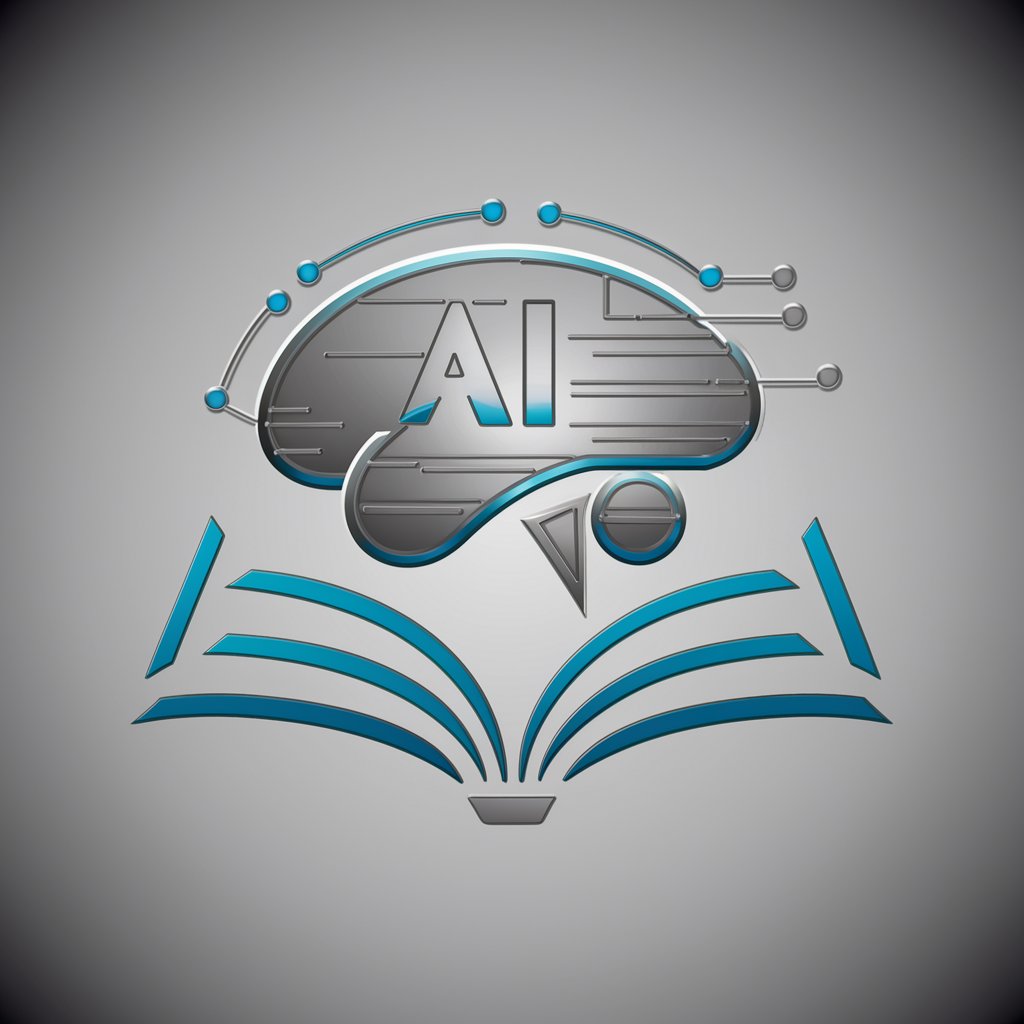
Kinde TypeScript Guru
Empowering Electron Apps with AI-Driven Authentication
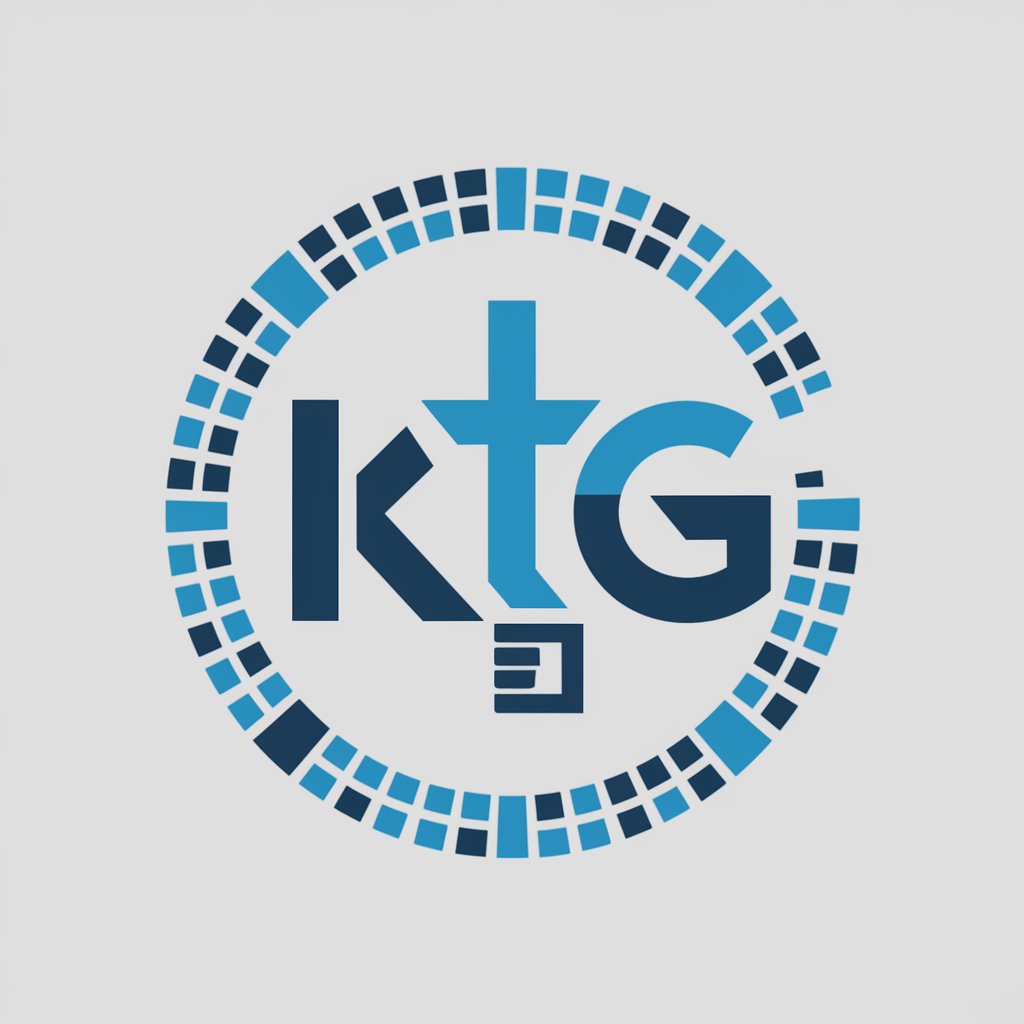
Kindle本の出版アイディア作成
Ignite Your Writing with AI-Powered Kindle Ideas

Geologistic
Elevating Geological Understanding with AI

Board Game Assistant: Zombicide: Black Plague
Master Zombicide with AI-powered guidance

Scam Landing Page Detector
Spot scams with AI-powered precision.
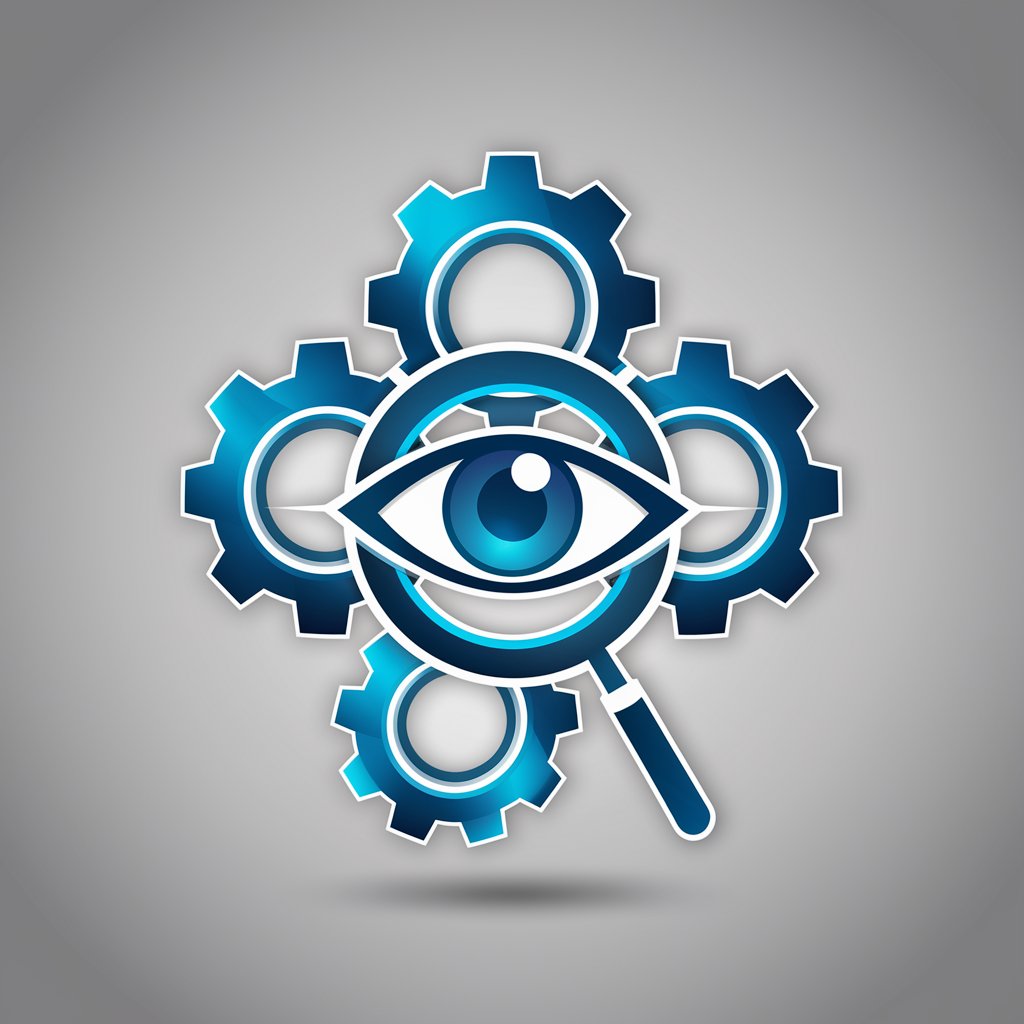
Harborn's Marketing Assistent
Elevate Your Marketing with AI-Powered Insights

Shader Art Assistant
Craft stunning shaders with AI-driven guidance.
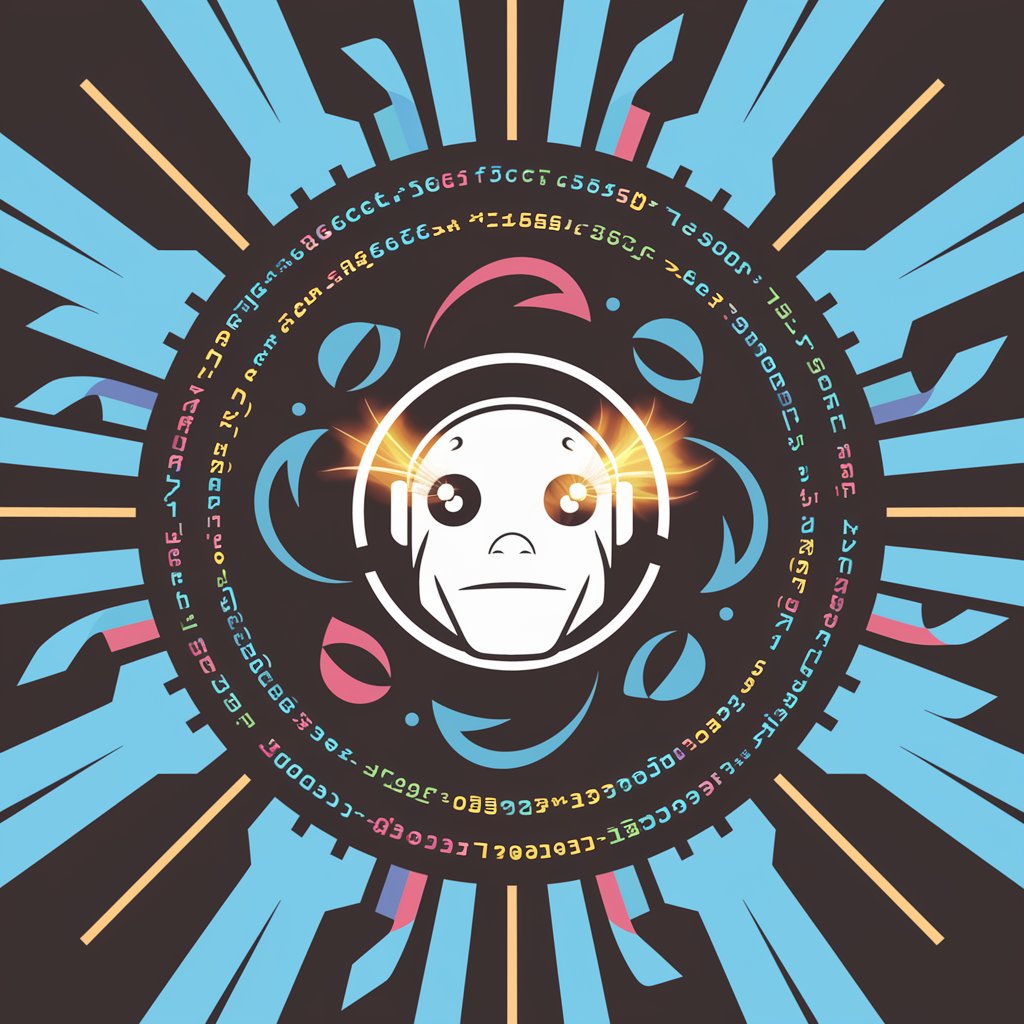
Shader Wizard
Power Your Creativity with AI-Driven Shaders

Amplify shader editor assistant
Craft stunning shaders visually, no code required.

Frequently Asked Questions about Digital Transformation
What is Digital Transformation?
Digital Transformation involves integrating digital technology into all areas of a business, fundamentally changing how you operate and deliver value to customers. It's also a cultural change that requires organizations to continually challenge the status quo, experiment, and get comfortable with failure.
How does Digital Transformation impact businesses?
It leads to increased efficiency, improved customer experience, enhanced data collection, and greater resource management. By adopting digital processes, businesses can streamline operations, offer personalized services, and make more informed decisions.
Can small businesses benefit from Digital Transformation?
Absolutely. Digital Transformation isn't just for large corporations. Small businesses can greatly benefit by becoming more agile, responsive to customer needs, and efficient in their operations through digital tools and platforms.
What are the challenges of Digital Transformation?
Challenges include cultural resistance, lack of digital skills among staff, data security concerns, and the need for significant investment in technology and training. Successful transformation requires a clear strategy, strong leadership, and a willingness to adapt.
How does AI contribute to Digital Transformation?
AI is a cornerstone of Digital Transformation, enabling advanced data analysis, automation of routine tasks, personalized customer interactions, and predictive insights into business operations, thereby driving innovation and efficiency.

